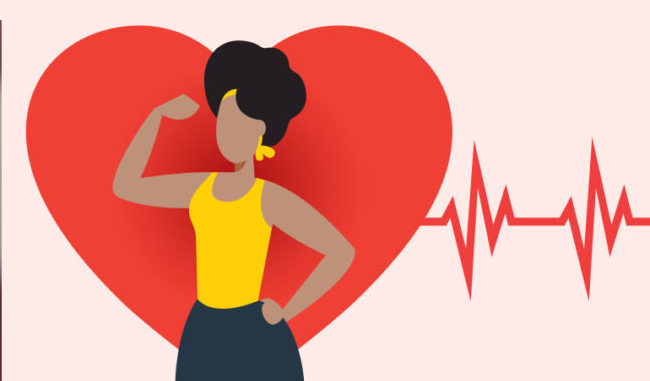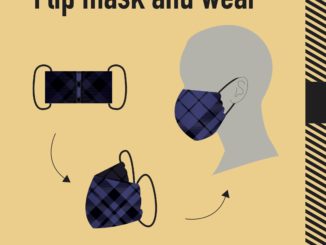
By Abbie Johnson from the Dominican Student Nurse Association
February: the month of chocolate hearts, Valentines, and roses. It seems the focus is on loving other people through gifts and actions. In the month of love, take a few minutes to educate yourself about heart disease for both the older adults in your life (parents, grandparents, mentors, and neighbors), as well as yourself. Do you think you could spend a few minutes each day taking care of yourself?
February is American Heart Health Month and involves caring for your physical heart and taking steps to prevent heart disease. Sometimes called the “silent killer,” heart disease doesn’t always show itself in a way that can be seen. What is important to know about in caring for your heart?
1. Myth: Not many people have heart problems.
a. Heart disease is the leading cause of death in the United States: one in every four deaths (647,000 people per year) is a result of heart disease. Heart disease is the general term for several types of heart conditions.
2. Myth: You can’t really control if you have a heart attack or not.
a. Key risk factors of heart disease include high blood pressure, high cholesterol, and smoking. If you have a family member who has been diagnosed with heart disease or a heart problem, these changes are even more important for you to make!
3. Myth: Signs of a heart attack are chest pain.
a. Signs of a heart attack often include symptoms that don’t seem to be related to the heart. These can be different in men and women and include:
· A feeling of heavy pressure on the chest
· Sharp pain in your neck, back, and jaw. This is called “radiating pain.”
· Shortness of breath
· Sudden nausea or vomiting (not due to another factor)
b. If you suspect someone is having a heart attack, do NOT wait! Call 9-1-1. A few minutes could be the difference between life and death.
4. Myth: Only older adults can have a heart condition or a heart attack.
a. Younger people can have a sudden cardiac death, as well as begin to develop cardiac disease.
· Sudden cardiac death occurs in people younger than 35 and is often caused by an undiscovered heart defect. Cardiac arrest (heart attack) is the leading cause of death in young athletes! It is important for everyone (athletes and non-athletes!) to discuss with their doctor any fainting or family history of unexplained death before age 50.
· The most important factor in preventing cardiac disease is prevention.
As you celebrate your loved ones this month, remember to celebrate their heart, and yours as well by learning more about how to care for your heart. Have a Happy Heart Day!



